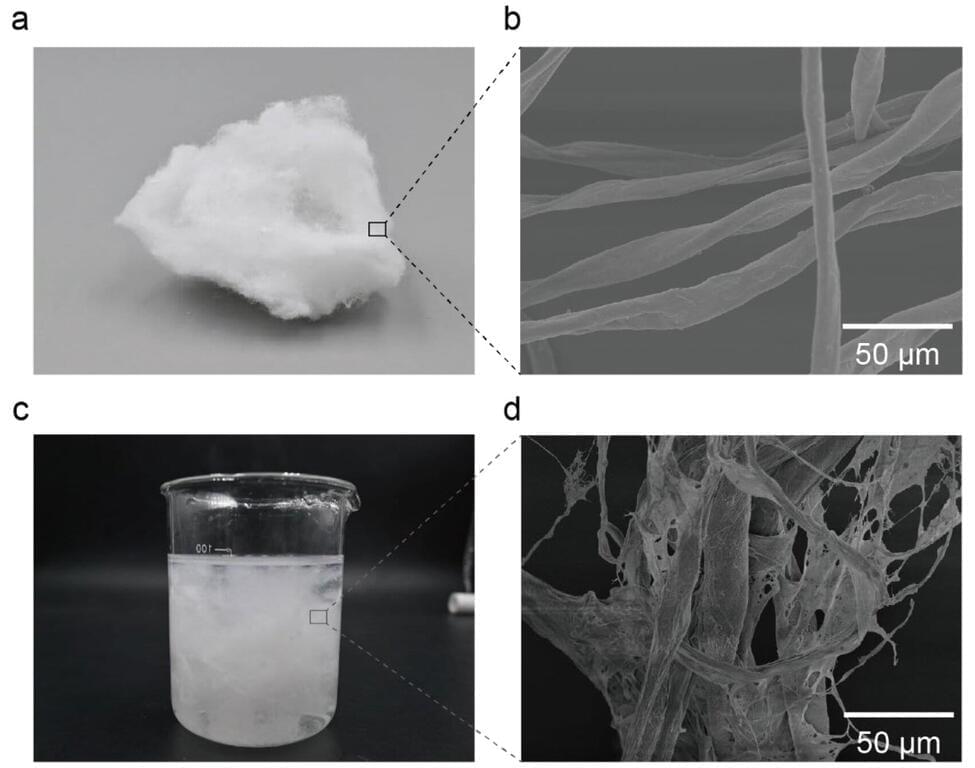Wuhan University-led research is reporting the development of a revivable self-assembled supramolecular biomass fibrous framework (a novel foam filter) that efficiently removes microplastics from complex aquatic environments.
Plastic waste is a growing global concern due to significant levels of microplastic pollution circulating in soil and waterways and accumulating in the environment, food webs and human tissues. There are no conventional methods for removing microplastics, and developing strategies to handle diverse particle sizes and chemistries is an engineering challenge.
Researchers have been looking for affordable, sustainable materials capable of universal microplastic adsorption. Most existing approaches involve expensive or difficult-to-recover adsorbents, fail under certain environmental conditions, or only target a narrow range of microplastic types.









Leave a reply